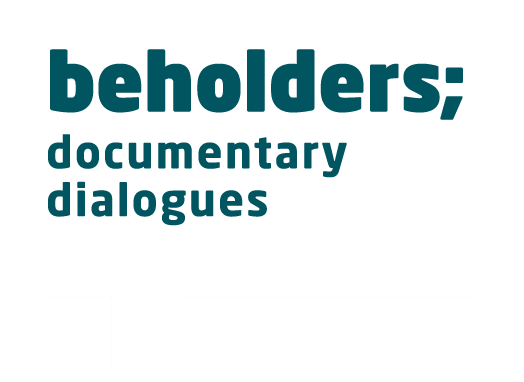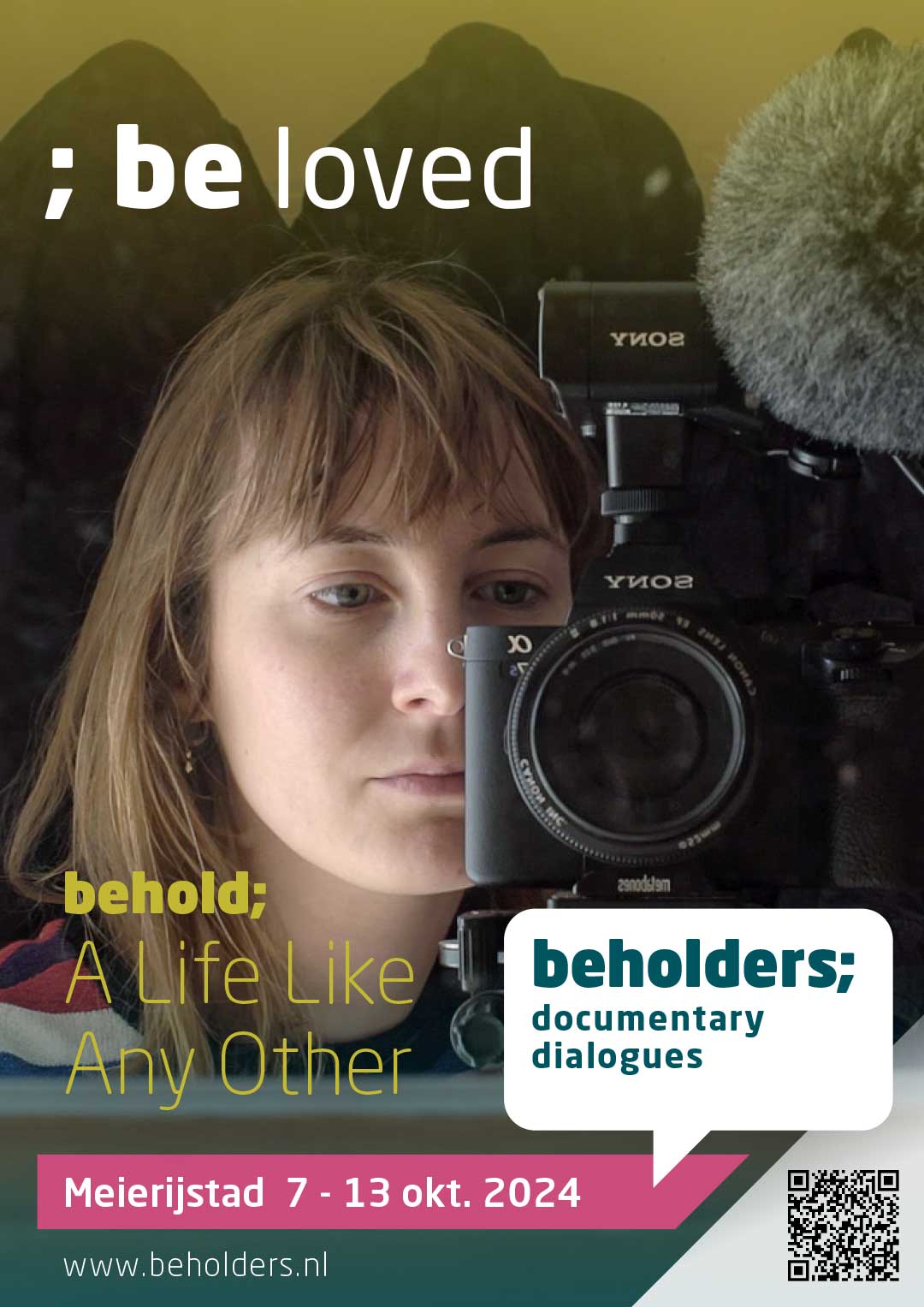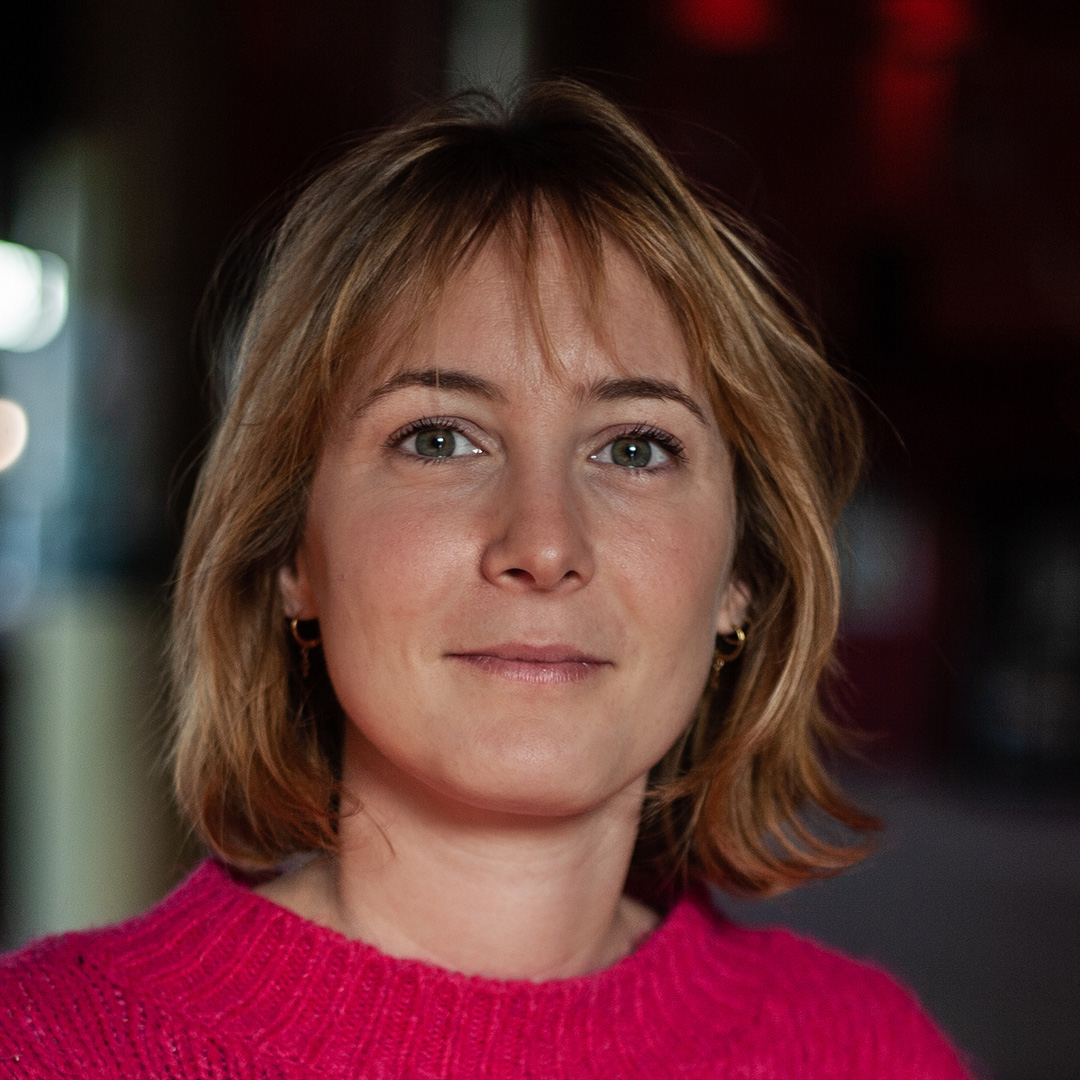director's statement;
Faustine Cros
A Life Like Any Other
In 2016, my mother told me about her suicide attempt. I did not see it coming. How was this possible?
From there, I realized a gap had grown between us; a gap I wanted to bridge. For 3 years, I filmed her daily life with my father. I sought to capture moments of shared intimacy, within the question of femininity, within our mother-daughter relationship, to film the sincerest moments. All her days are the same: she’s bored on the sofa, half-dozing, drinking coffee and smoking Gauloises like a chimney. Season after season, I stayed by her side, even though she could be harsh sometimes and didn’t always accept my presence with a camera. All throughout, I kept asking myself: how did she end up in this dreary life, going around in circle from the sofa to the coffee machine?
Accompanied by the family archives, filmed and offered by my father, I began to explore my family’s past to seek more answers. My father was a compulsive filmmaker. For over 10 years, he filmed all the time; day and night. I watched all the tapes, all the details, looking for a sign, a clue that could announce the tragedy to come. For several years, I was totally obsessed, caught up in the images and looked at everything fiercely.
Eventually, answers started to appear. I realized that the first signs of my mother’s distress were indeed filmed, but that my father doesn’t seem to have seen much. Or he didn’t want to see. Or even, he saw but hid behind his camera.
With all these images (the archives and the ones I am filming today), I decided to make a film about my mother and her difficulties with motherhood. In the editing, the footageand my voice over all come together to tell her story and interrogate her depression in the light of the sexist hold of an era; an era where it was still considered normal for women to give everything up for their children.
In this work, I wish to highlight how intimacy can be political. Hinged on my personal and family life, the film broke away from an individual story to be placed in larger contexts: family, femininity, society. I am convinced that my mother’s story is not an isolated case and still resonates nowadays. It is urgent to question the place of women both in society and inside the family. These subjects, so taboo in previous generations, are now changing their status in society. We are starting to talk about it, and we must open a space in films for it. We, more particularly young women, need to be able to take hold of these subjects, the cameras, and express, make visible, and tell stories of many different women, all too often hidden or invisible until now.
Faustine Cros
A Life Like Any Other


